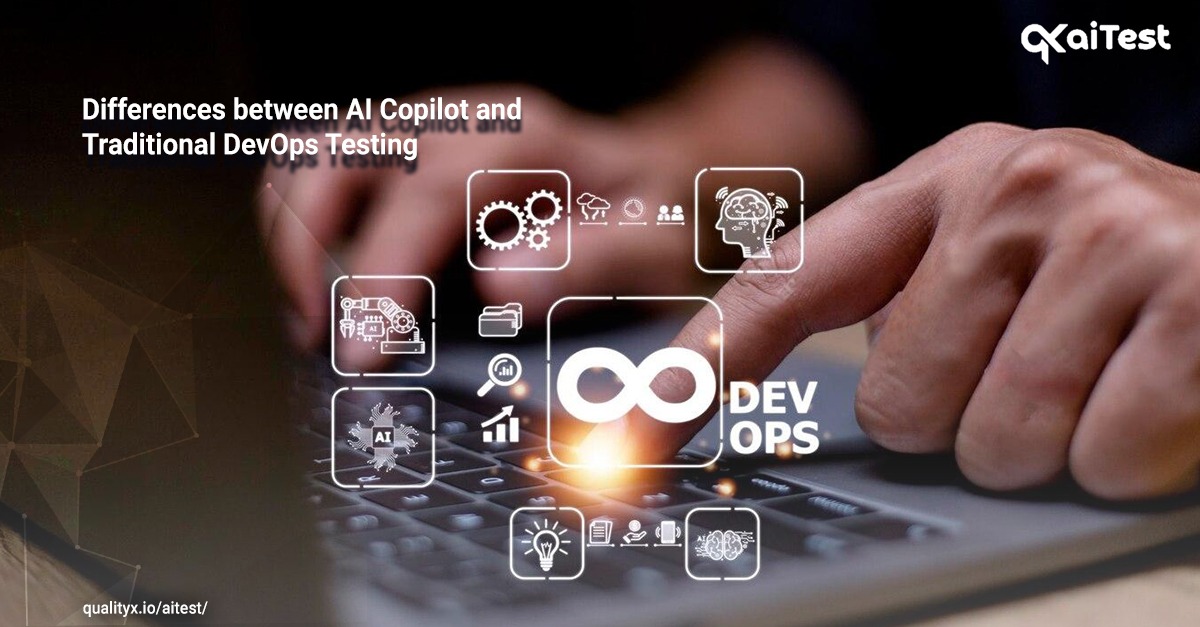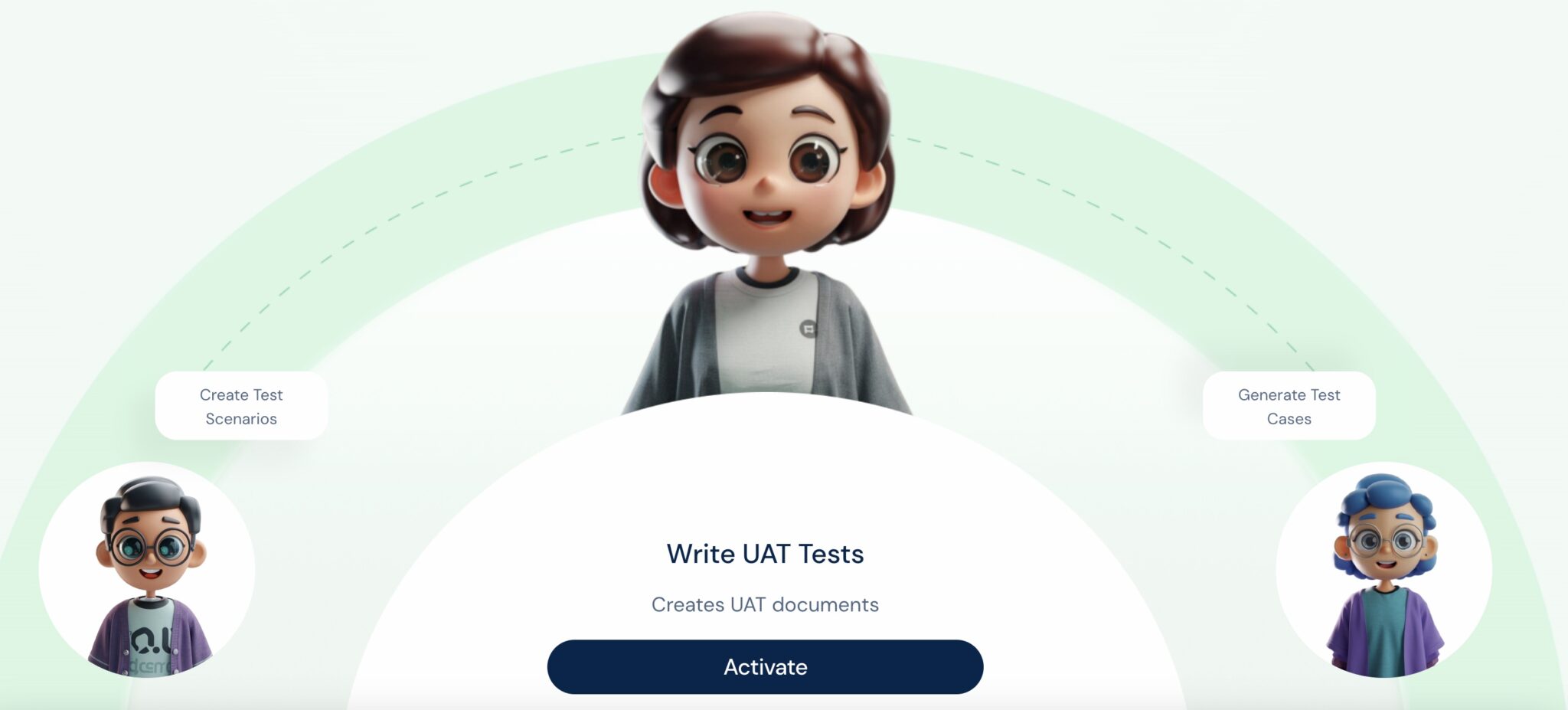In today’s fast-paced software development landscape, ensuring quality at speed is paramount. Traditional DevOps testing, while effective, can be time-consuming and resource-intensive. This is where AI Copilot emerges as a revolutionary force, transforming the way we approach testing within the DevOps pipeline.
Traditional DevOps Testing: The Mainstays
DevOps testing encompasses a variety of practices that integrate testing throughout the development lifecycle. Here’s a breakdown of some widely used approaches:
- Unit Testing: Developers write unit tests to verify the functionality of individual code units.
- Integration Testing: Ensures different software components function together seamlessly.
- Functional Testing: Validates that the software meets functional requirements as specified.
- Regression Testing: Verifies that new code changes haven’t introduced bugs into existing functionalities.
While traditional testing methods are well-established, they come with limitations:
- Repetitive and Time-consuming: Manual test creation and execution can be tedious and slow down development cycles.
- Limited Scope: Manual testing often focuses on core functionalities, leaving edge cases or UI variations untested.
- Resource-intensive: Maintaining a team of testers can be expensive, especially for large-scale projects.
AI Copilot: The Intelligent Automation Advantage
AI Copilot represents a paradigm shift in DevOps testing. Here’s how it transforms the process:
- Automated Test Generation: AI can automatically generate tests based on code analysis, user stories, and past testing data. This significantly reduces manual effort and expedites testing.
- Intelligent Test Selection: AI can prioritize tests based on risk factors and historical data, focusing on areas with higher bug probability. This optimizes testing efforts and ensures critical functionalities are thoroughly covered.
- Uncovering Hidden Defects: AI’s ability to analyze vast amounts of data can help identify subtle defects that might escape manual testing, leading to higher quality software.
- Continuous Learning: AI Copilots continuously learn and improve from past testing data, progressively becoming more adept at identifying and predicting issues.
The Future of DevOps Testing: A Collaborative Approach
The future of DevOps testing lies in a collaborative approach where AI Copilot augments the strengths of traditional testing methods. Here’s how they work together:
- AI Handles Repetitive Tasks: AI automates repetitive tasks like test creation and execution, freeing up testers’ time for higher-level strategic testing.
- Testers Focus on Complexities: Testers can leverage AI-generated tests as a foundation and focus their expertise on complex scenarios or exploratory testing.
- Faster Feedback Loops: Faster and more comprehensive testing through AI leads to quicker bug identification and resolution, accelerating development cycles.
Conclusion: AI Copilot – Your DevOps Testing Ally
By embracing AI Copilot, DevOps teams can achieve unprecedented levels of efficiency and quality in software delivery. While AI doesn’t replace the need for human testers, it empowers them to work smarter and deliver exceptional results.
Ready to revolutionize your DevOps testing practices?
QualityX_aiTest can help you implement a robust AI-powered testing strategy tailored to your specific needs. Contact us today to learn more about how AI Copilot can transform your development process!


